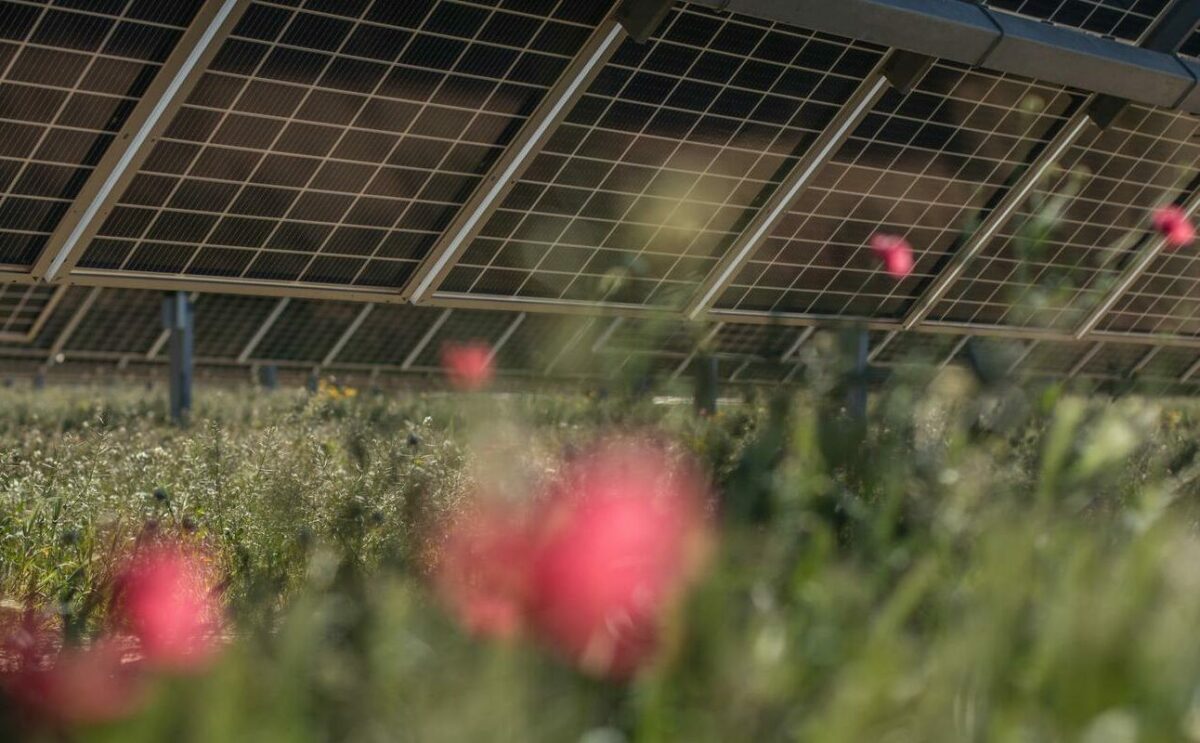How a global renewable target can supercharge the solar sector
Getting carbon out of the power sector is essential. Electricity was responsible for 28% of all greenhouse gas emissions in 2020. Fortunately, we have a scalable, proven and affordable solution – renewable energy.
Renewables are accepted as the key tool for decarbonisation in particular onshore wind and solar. Better still, the low carbon power they produce can be used to electrify energy intensive sectors like heating and cooling, transportation and heavy industry.
Hope for limiting global average temperature-increases
The IEA recently said the growth of wind and solar meant there was still some hope of limiting global average temperature increase to below 1.5°C – the central pillar of the Paris Agreement. But that climate deal, and all those before it, have never enshrined specific goals around renewables. The focus was always on greenhouse gas emissions and nation states were left to figure out the best way to deliver their share of those reduction themselves.
Attempts to restrict or phase out coal power have failed. Now there are growing calls to look at encouraging the cleaner sources instead.
Lightsource bp supports the 3xRenewables campaign launched by the Global Renewables Alliance at this year’s UN General Assembly. A target is also thought to be a priority outcome for COP28 President Dr Sultan al-Jaber.
Addressing scepticism around renewables targets
It is easy to be sceptical about what value a top-down target for renewables at COP could do for the sector. Scepticism is always an easy choice. The reality is that it would send a huge signal to investors and governments. It could hold governments that are falling behind to account and cut through internal debates back home about how to deliver emission reductions. Playing politics with energy policy for short-term gains would be less palatable. It could drive new partnerships to unlock finance and share best practices. All of this could support a more equitable spread of the benefits of renewables – greater energy security, greater energy independence, more competitive and predictable power pricing. For (too) many, it could mean access to electricity for the first time.
With solar able to deliver the cheapest form of electricity in history, the barriers to entry for emerging economies have never been lower.
The economic value in having a domestic source of affordable, predictable power that’s also decoupled from volatile energy sources will only grow as more sectors turn to electricity; to move around our planet, to make more and more of the goods we need, as more people seek thermal comfort through chaotic weather patterns.
Ongoing opportunity for solar power
Delivering all this can create jobs and lift living standards while keeping us within the buffers of a pathway to 1.5°C.
Solar is a global industry. The responsibility it bears to deliver secure, decarbonised power around the world is immense, as are the opportunities this will deliver. A global renewable target can set us on this course together.
Find out more about Lightsource bp at COP28.
Authors
 Alyssa Edwards
Alyssa Edwards  Francisco Beirao
Francisco Beirao
Latest news
30 Jun, 2025
SolarPower Europe launches Global Market Outlook for Solar Power 2025-2029
Read our summary of SolarPower Europe’s Global Market Outlook for Solar Power 2025-2029.
29 May, 2025
Lightsource bp publishes 2024 Sustainability Report
Lightsource bp, a global trusted partner in delivering onshore renewable energy solutions, is pleased to publish its 2024 Sustainability Report.
02 Apr, 2025
Lightsource bp contributes to the World Economic Forum’s conversation on responsible renewables deployment practices
Lightsource bp’s Penny Laurenson, Global Head of Sustainability, contributed to WEF’s conversation and thought leadership on responsible deployment practices.




